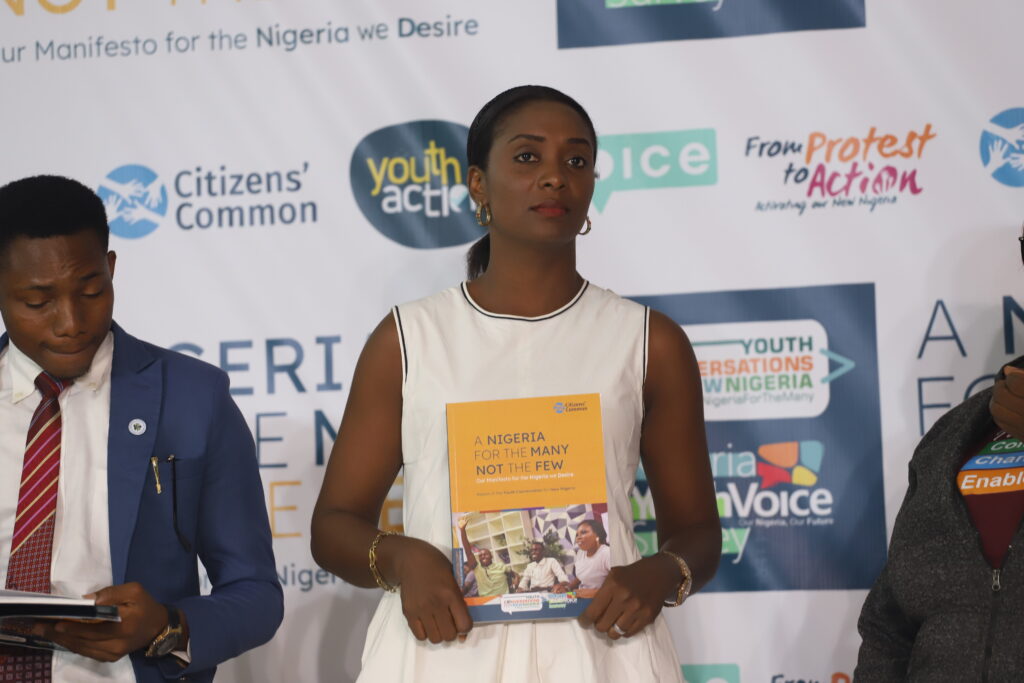
Ongoing Struggle for Human Rights: Youths Inclusion in Peace and Security
Written by Ruhamah Ifere
Human rights have been touted to be the inalienable rights of every human, irrespective of gender, race, sex, religion, language, political or other opinions, national or social origin or other status.
Human Rights Day is observed every year on December 10 – the day the United Nations General Assembly adopted, in 1948, the Universal Declaration of Human Rights (UDHR). This year’s theme is “ DIGNITY, FREEDOM and JUSTICE FOR ALL.”
The advent of the novel coronavirus disrupted and brought to fore the anomalies that exist in many sectors of Nigeria. This has existed for a long time to the detriment of citizens. Access to justice is one of the issues that have plagued many Nigerians especially the youths. Justice has not only been delayed but denied. For many, justice has become affordable for the influential and the wealthy, a far cry from what Dignity, Freedom and Justice for all should really be.
The #EndSARS protest was a case in point of how the rights of citizens get trampled every day with no recourse to justice. The issue of police brutality meted out arbitrarily, ironically by the same organisation which has been enforced with the power to protect the lives of citizens leaves little to wonder on the sanctity of human rights in our nation. According to Martin Luther King Jr, “True peace is not merely the absence of conflict. It is the presence of justice.”
Even as the 2023 Elections draw near, what the PVCs of young people will translate to at the voting polls is Dignity, Freedom and Justice for all. This can only be possible and achieved when Youths turn up to vote in numbers and be actively involved in political processes.
In the decided case of Obajimi v Adediji H A, Augie, JCA, describes justice as a fair treatment. “And when we say the justice in se, it demands that the competing rights of the parties must be taken into consideration and balanced in such a way that justice is not only done but must be seen to be done.”
Also, Pat-Acholonu, JSC, in Okotie-Eboh v Manager & ors describes justice allegorically as follows: “Justice is often depicted as a blindfolded woman with a sword in one hand and a scale on the other. Those who are called to mete out justice are not blindfolded. They see with their two eyes and reason with their head. In the application of the law to meet the end of justice, it is important to recognise that both men and women now live in a dynamic society and the interpretation of the provision of any statute should mirror the social accentuation of the society and understanding the nature of man or woman.”
The Sustainable Development Goals (SDGs), propounded by the United Nations are all focused on different aspects of human rights. SDG 16 focuses on promoting peace, justice and strong institutions. All over the world, young people are standing up for human rights through collaborative approaches to achieving the SDGs and advancing human rights.
The youth plays an important role in achieving the goals. This was re-emphasised in the Peace Conference 2020, which held virtually for three days, Rep Grace Meng, the representative from New York, U S, House of Representatives, opined: “Youths are the solution not the problem.” Also Noteworthy is the UN Security Council Resolution 2250 on Youth, Peace and Security which was unanimously adopted in 2015(2250). This resolution is the first and fully dedicated to the role young people play as positive change agents in the maintenance and promotion of peace and Security. The resolution identifies five pillars for action by young people; Participation, prevention, partnerships, protection, disengagement and re-integration.
For there to be sustainable peace, the key drivers of peace must be identified. According to the Institute for Economics and Peace, there are eight pillars of positive peace. They include- Well functioning government, sound business environment, free flow of information, high level of human capital, low levels of corruption, good relations with neighbours, acceptance of the rights of others, equitable distribution of resources, well functioning government.
Evidently, the youths constitute 60 per cent of the population and this was made manifest in the cry for justice and stand for human rights in the #EndSARS protest by the youths. In promoting youth inclusion in Peacebuilding processes, the following processes are required-
- Institutions in Nigeria have to be strengthened to promote accountability, transparency, open governance and prompt access to justice.
- Citizens need to be reassured of the commitment to the reaffirmation of the importance of human rights.
- The Nigerian Government needs to engage more youths in Peacebuilding processes and inclusion of young people at all levels. Tokenism should be eliminated
This article is an Excerpt from the report ” A Nigeria For The Many And Not The Few”
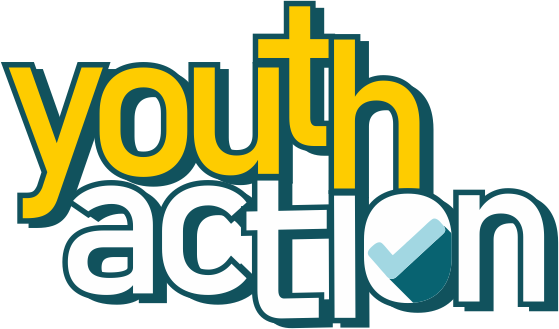
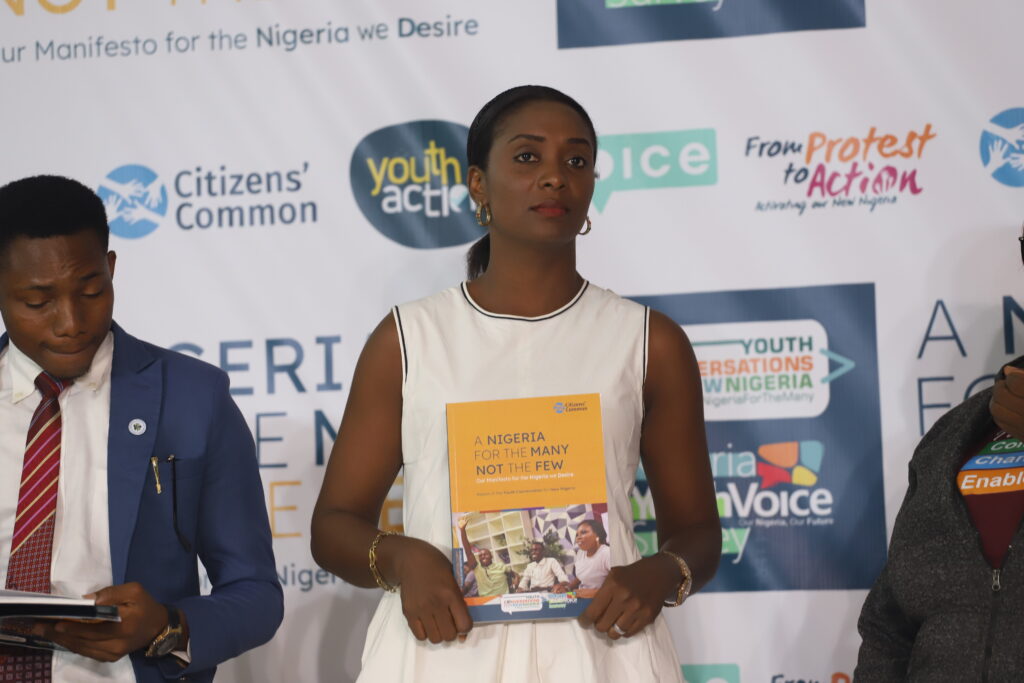
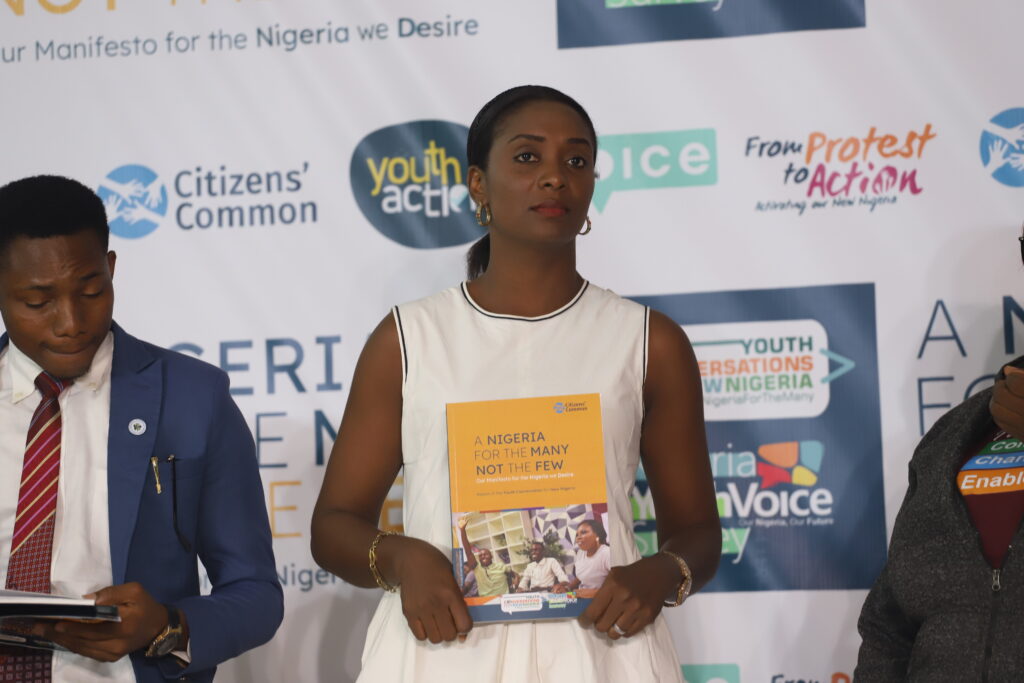
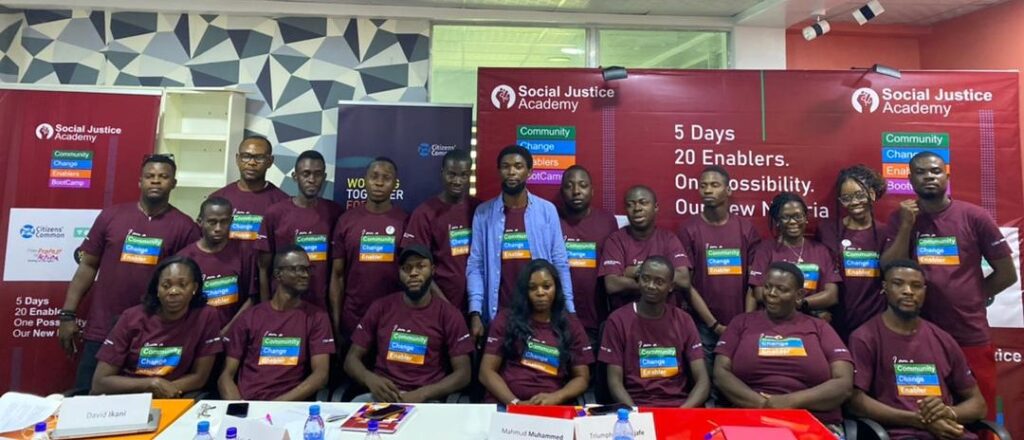
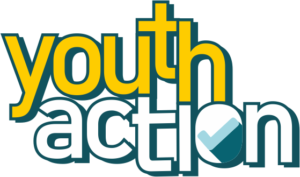


Responses